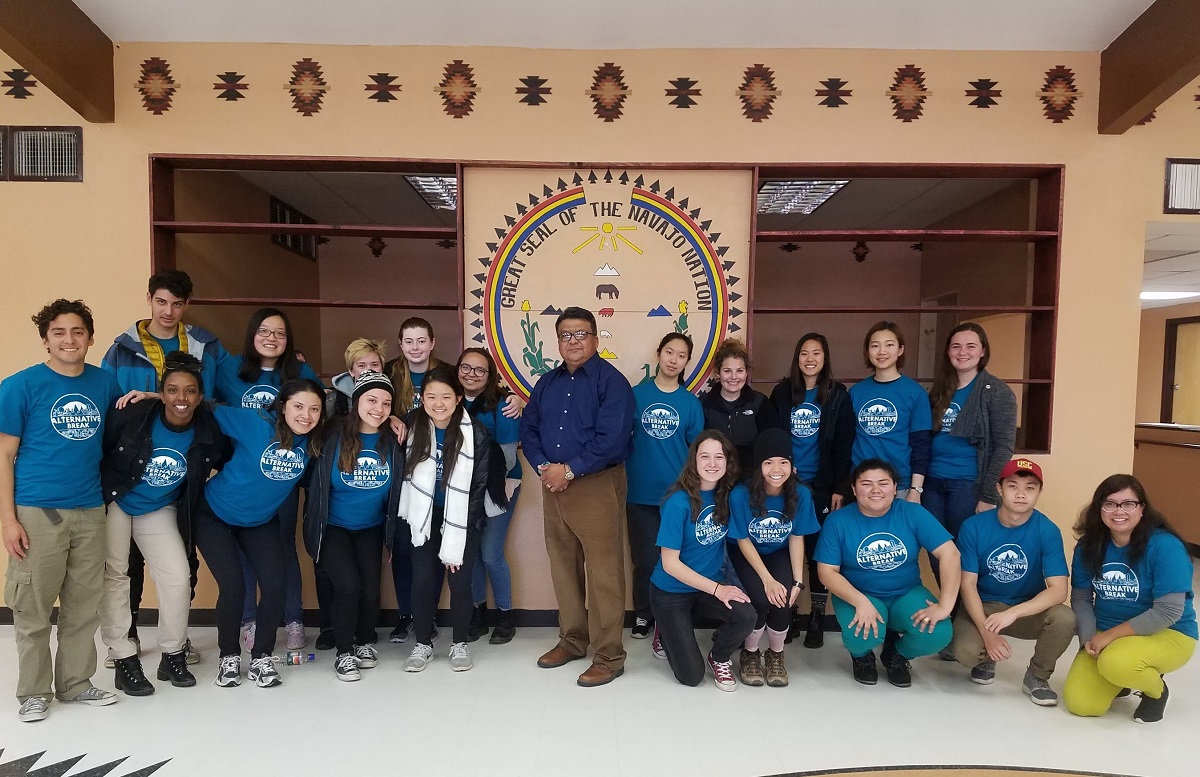We are working every day to become a more inclusive university at which faculty, students, and staff of all backgrounds feel welcome, comfortable, valued, and supported. We do not pay lip service with these efforts; we are making structural changes in policy and practice across the university.
As you know, there are hundreds of tribal affiliations in the United States, and being Native American means something different for everyone – indeed, members of many tribes reject that term as an identifier. There is a lot of progress we can still make toward building relationships with regional tribes, welcoming Native American students, faculty, and staff to campus, and further valuing and amplifying the Native voices already a part of the Trojan community.
Today, I want to share with you the concrete steps we have taken over the past year toward achieving these goals.
The USC Native American Student Union coordinated and hosted an eight-week Pow Wow workshop for Los Angeles Unified School District Native American students. We connected prospective Native American students with USC faculty and mentors on campus. We supported more than 60 prospective students with their USC applications by guiding them through the process and offering feedback on their personal statements. We offered visiting tribes specialized campus tours, as well as tickets to USC football games.
And we also did outreach – USC staff were present at college days on tribal lands throughout the Pacific Northwest and Southwest.
On campus, we trained 45 admissions advisors on the needs of Native American students and hosted a gathering of educators from the Inter-Tribal Education Collaborative. For our current students, the Volunteer Center re-launched the Alternative Spring Break Navajo Nation trip, which partners with non-profit organizations in New Mexico so that USC students can take part in service activities with members of the Diné tribe. Our relationship with the Diné tribe first began in 1991. The Department of American Studies & Ethnicity continues to offer a minor in Native American Studies, in which students “study Indigenous intellectualism and resistance through Indigenous language revitalization, art, decolonization and political resistance.”
This progress was driven by the tireless efforts of Karras Wilson (Quechan/Cocopah), who advises the Native American Student Union. I want to thank him personally.
I also want to thank Vanessa Gomez Brake at the Office of Religious Life, who led the ASB Navajo Nation trip, continues to support student groups of all backgrounds, and leads many of our inclusivity and wellness efforts.
I welcome your ideas on how we can better support students from American tribes at uscprovost@usc.edu.
– Michael W. Quick, June 21, 2018
